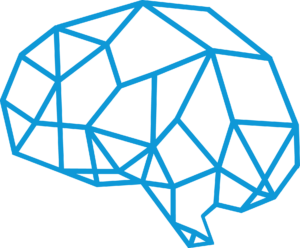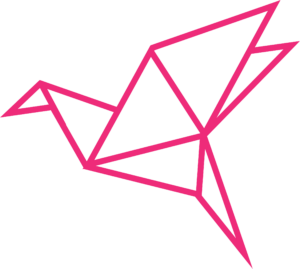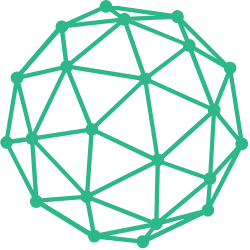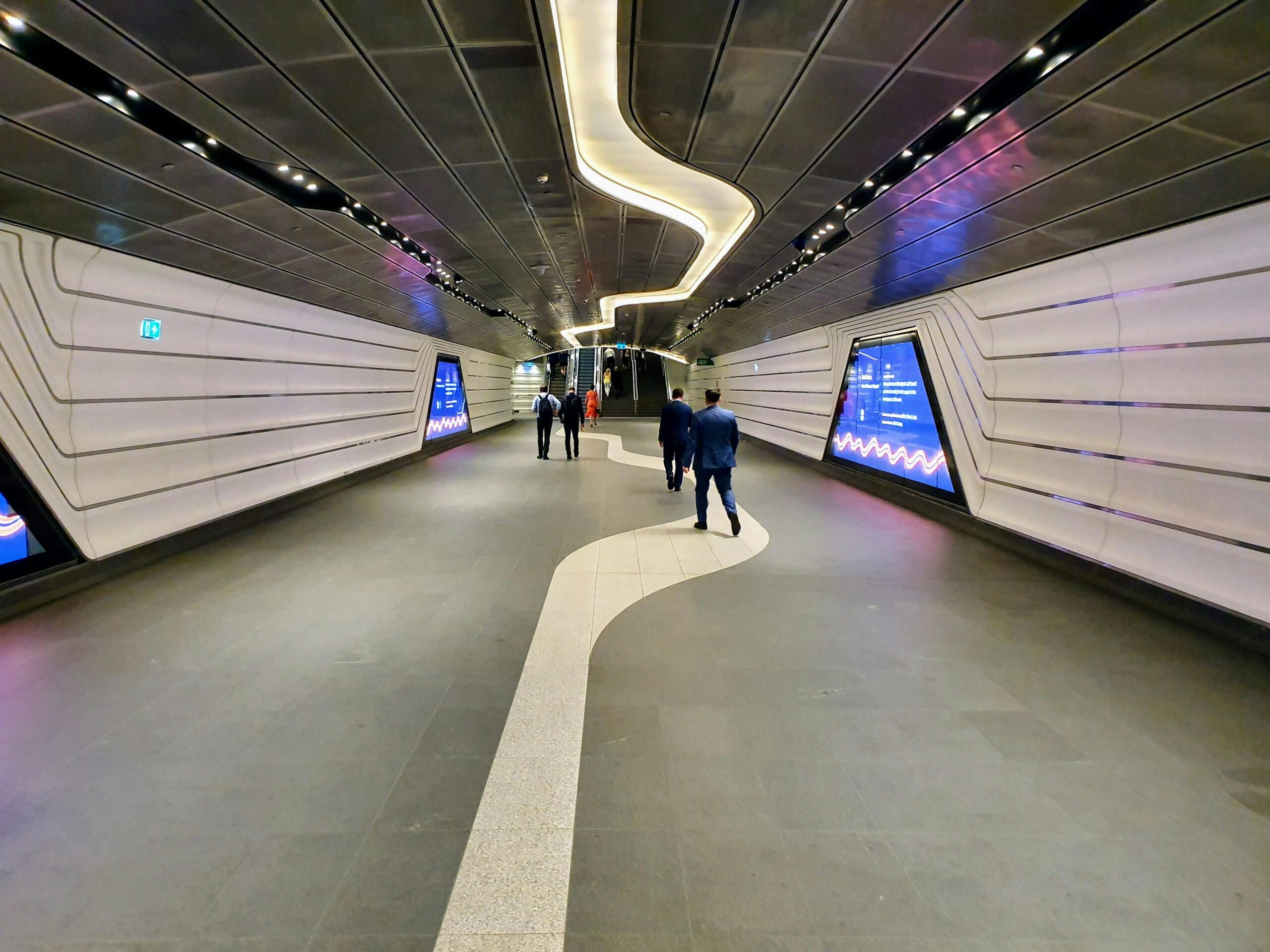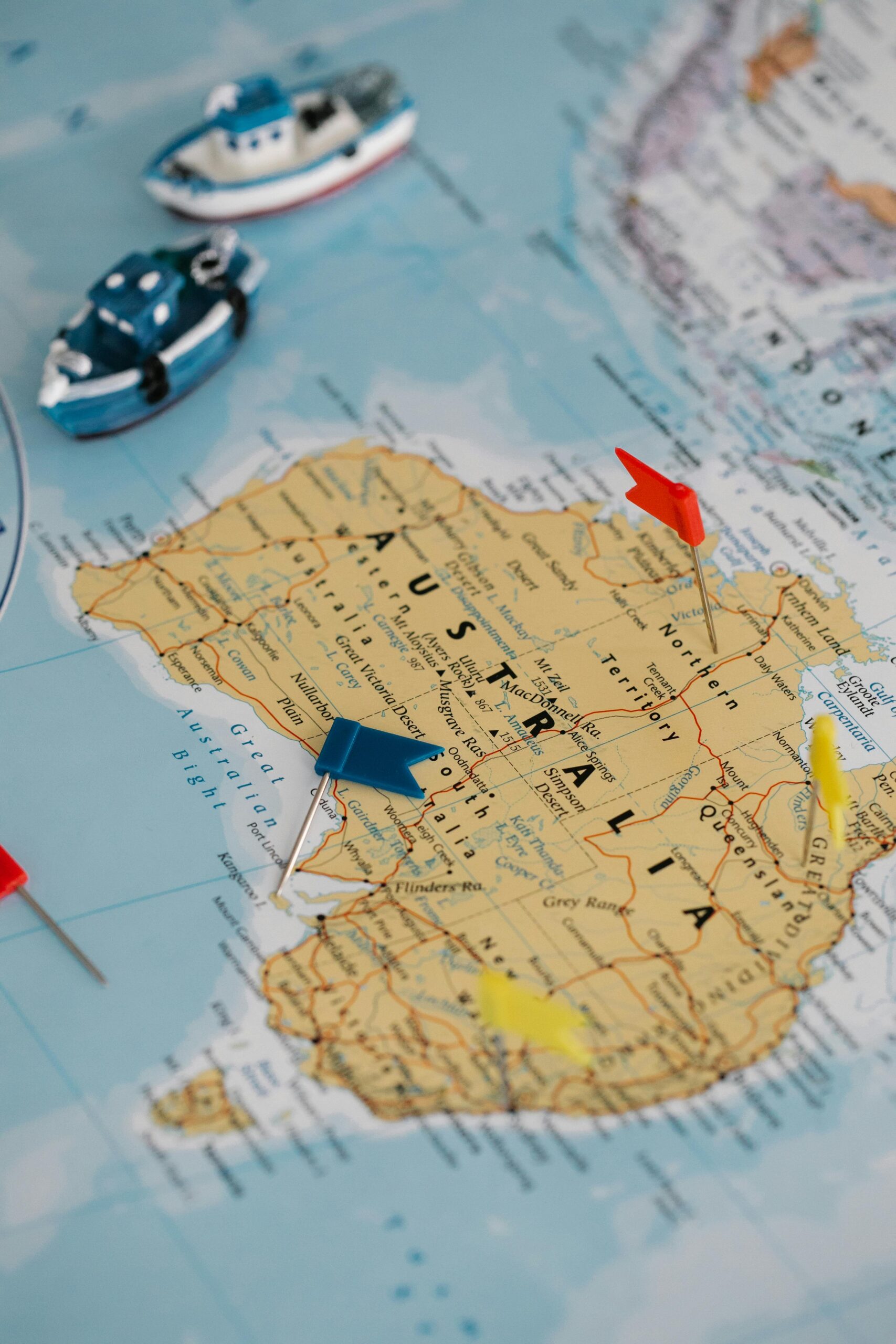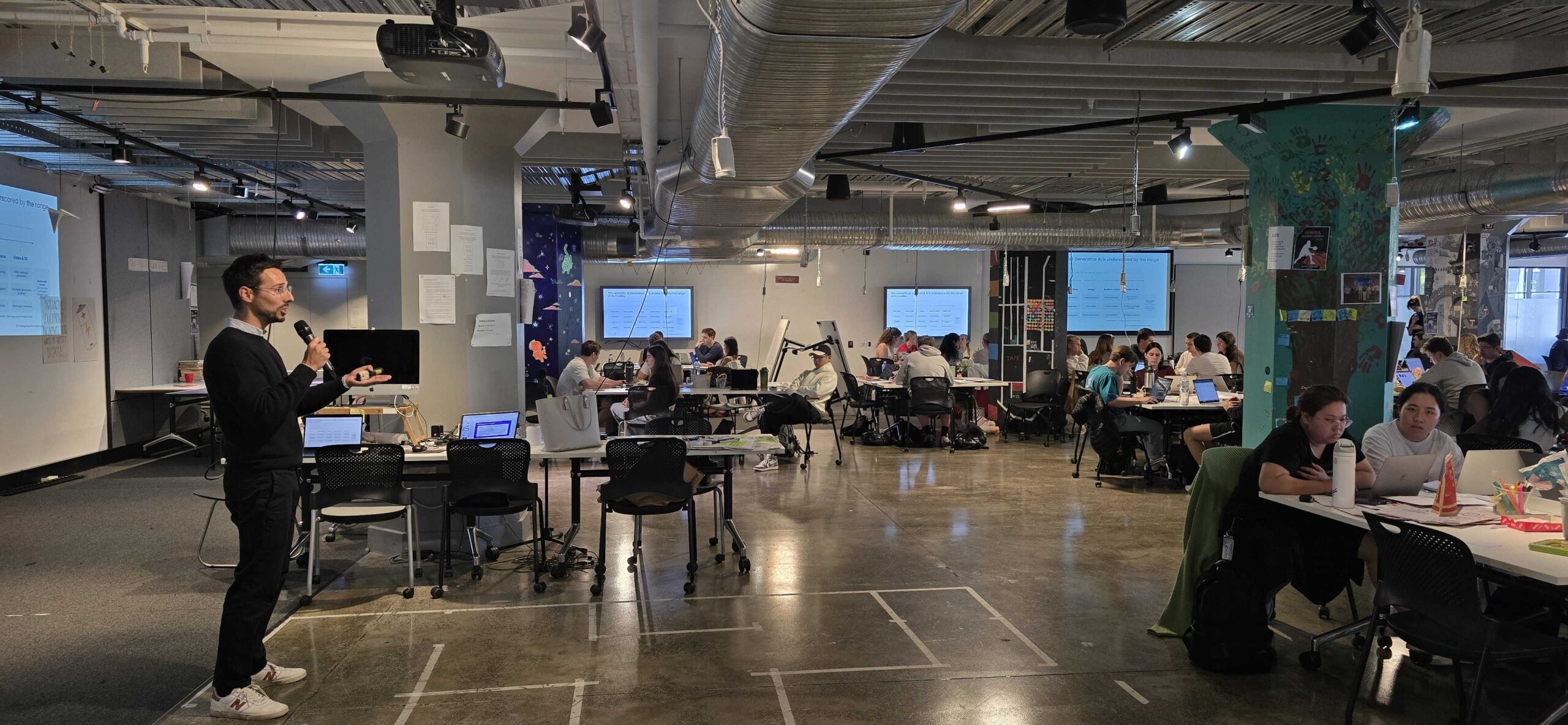The Innovators Series
Government Innovation – An Exclusive interview with NSW’s First Innovation Minister
What role should government innovation play? A much debated question. Should governments participate in innovation actively, or just get out of the way?We recently had the privilege of chatting to Victor Dominello, who holds the Minister for Innovation in NSW, the first of its type in Australia, “I’m very encouraged by the model of operation that involves not just thinking of incremental change but 10-times change,” Dominello says. “Innovation in my world is to improve the lives of others. Innovation is about lifting the base and improving outcomes.”
But while Dominello has a mandate to “shift the needle” on the State’s Government innovation portfolio, he doesn’t expect Google-level disruption from within government. Instead, collaboration between NSW government and its agencies, start-up entrepreneurs and citizen hackers based on open access to government data will generate out-sized social and business dividends, he says. He is a big fan of Open Innovation – bringing ideas from the outside-in.
“Government, traditionally and rightfully, should be a stable, reasonably conservative model because it needs to deliver services for all people. If it’s radical in its ideas you’ll get chaos pretty quickly,” Dominello says.
“Collaboration – that’s our only chance in government. If government collaborates with the private sector then innovation can flow through to government.”Victor Dominello holds the ministry for Innovation and Better Regulation in NSW
Dominello is putting his faith in a Data Analytics Centre (DAC) to aggregate government siloes. It will run for a year as a start-up hosted at University of Technology Sydney’s immersive 3D Data Arena before transferring from the Department of Finance, Services and Innovation (which he shares with Finance Minister Dominic Perrottet) to Dominello’s sole innovation and regulation portfolio.
For disruption, Dominello looks to industry and start-ups to partner with government on open data. In true Open Innovation style, he is keen to bring ideas in from outside of government.
“The DAC is very innovative; you’ll see various iterations but nowhere else in Australia will you see anything like that one-stop shop; and that’s world’s best practice, so it’s an innovation,” he says.
“But is it an exponential innovation? No, but it moves the needle significantly; it’s an important incremental innovation.
“In terms of the private sector, where you shake things up and think outside the square, that’s where the collaboration model works.
“We’d say, if you can help us save $1 million you’ll get a percentage, so that’s the commercialisation.”
Open Data Spurs Social Transformation and Government Innovation
Dominello’s belief that data will “fuel” the next wave of social innovation grew out of his earlier push as Minister for Aboriginal Affairs for a social services ‘data hub’. As Minister from 2011-15, he was bewildered by an inability quickly to get straight answers to pressing questions.
“I was very frustrated at the inability to get a big-picture perspective of what’s happening. Local community leaders would say, we have lots of government agencies and NGOs providing services in our backyards but they’re not coordinated.
“No one was talking to one another. We had three organisations doing the same thing but no one doing anything in an area where there’s a crying need.”
The idea behind the earlier social services data hub was that each Government dollar spent would be tracked and its outcomes measured. Duplications would be cut, and the money reinvested in projects.
This government innovation philosophy still applies to how Dominello sees the Government now rewarding start-up social innovators using the updated Data Analytics Centre. He uses the example of health, which in 2015-16 is budgeted at $21 billion or 30 per cent of NSW spending. Open innovation features once again.
“The best answers will come from community. So we open up the de-identified, global data and say to people: Here are the patterns in the community, it costs us $x million to provide these services; can you help us to reduce this expenditure and put the saving into education or health?
“We’d say, if you can help us save $1 million you’ll get a percentage, so that’s the commercialisation.”
More immediately, government will use its buying power to determine what solutions private enterprise makes. “Government is a huge consumer of services in the marketplace. So when NSW Health [for instance] needs services, it will be in the marketplace buying those services.”
Dominello’s latest open data project is tied to NSW Premier Mike Baird’s Innovation Initiative, a programme that seeks proposals in areas such as social housing, transport congestion and ‘open ideas’.
In true ‘Lean Startup’ style, Dominello is also borrowing the portfolio approach used to finance start-ups that is more tolerant of failure because the benefits from a great idea outweigh the risks. He says it is “critical” for government to invest money in a “genuine ecosystem and marketplace” instead of a few monopoly providers to grow disruptive and transformational projects.
“Perhaps I’ll focus 80 per cent [of budget] on delivering good, strong outcomes in a myriad of areas. But I’m also going to invest in people who have crazy ideas because if some of those ideas come up [succeed], that disrupts the marketplace. I haven’t seen a model like this develop elsewhere” in government.
Open Innovation and Lean Startup creating government innovation? It’s happening right under our noses!
“The natural human behaviour is you get comfortable with a routine because you don’t have to think about it. That’s really dangerous because the world is changing and every day someone is inventing something new.
“For companies not to be afraid, they need to think of change as almost another part of the business – you don’t have a choice. Change is just a factor when you do business, you can’t ignore and leave out.”
